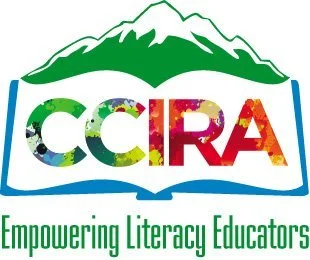How to Embed the Seven Essential Literacy Skills into Your Content Area
All learning is based on the mastery of essential literary skills, and in this interactive presentation, educators will discover tools they need to embed literacy into all subjects. We know comprehension is based on skill-building strategies that encourage purpose and engagement; as a result, educators can effectively teach those literacy skills to support developing students as they learn to read, write, and think critically. In this presentation, educators will discover how to: expand their teaching methods to include literacy skills, introduce literacy into daily lesson planning, embed reading comprehension into any subject area, and scaffold instruction using literacy strategies to boost subject-area comprehension. (Based on Peg’s book, Clearing the Path for Developing Learners: Essential Literacy Skills to Support Achievement in Every Content Area.)
How to FRAME the First 10 Minutes of Class
Educators spend a great deal of time lesson planning; creating the best opportunities for learning for students. But, those first 10 minutes of class - building relationships and creating the engagement and motivation for the lesson is as critical. In this interactive presentation, Peg will show you how to Focus your class by writing a successful Learning Intention and Success Criteria; explore different ways to Reach each student prior to class; demonstrate how to teach students to Ask/Analyze the LI and SC, briefly Model the day’s lesson to lower student concern and finally, describe ways to Encourage all students to be their best learning selves! (Based on Peg’s book: Ready to Learn: The FRAME Method for Optimizing Student Success)
What Does It Mean to be a Not Yet Teacher?
Every learning challenge is an empowering opportunity to grow. Peg shares how teachers can help students celebrate the academic experience and all it has to offer. Learn specific ways to cultivate a not-yet classroom where productive struggle is encouraged, obstacles are valued, and students see themselves as capable learners and risk-takers. Peg will demonstrate how to design classrooms and routines that normalize productive struggle as part of the learning process. She will show you how to write and apply rigorous learning intentions and scaffolded success criteria that are student friendly, and finally we will discuss how to communicate with colleagues, students, and parents and guardians to foster positive relationships. (Based on Peg’s book: Not Yet…And That’s Ok: How Productive Struggle Fosters Student Learning)














